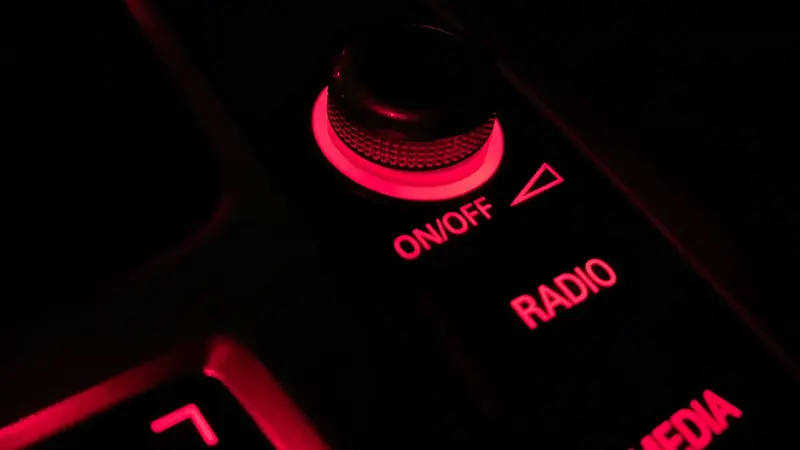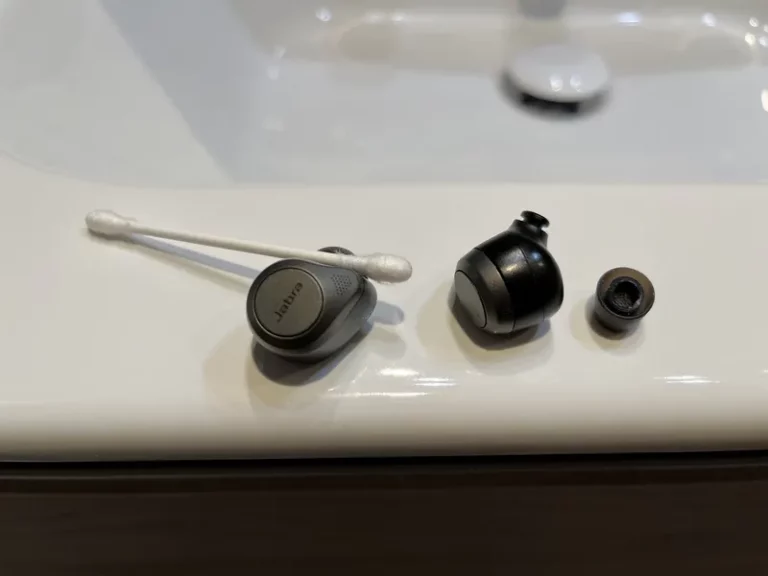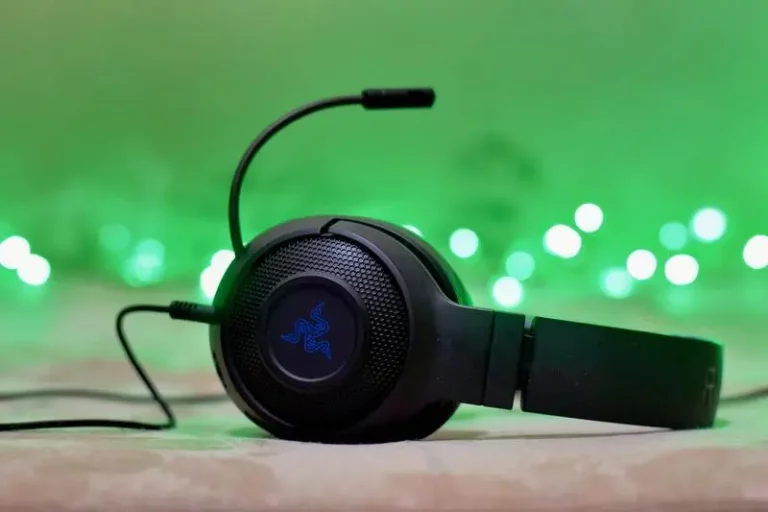FM Transmitter: How To Fix Low Volume (Solved!)
This site contains affiliate links to products, and we may receive a commission for purchases made through these links.
The FM transmitter is a great way to listen to music from your phone on your car stereo. But sometimes, you might experience low volume even though the transmitter is turned up. So how do you fix the low volume on the FM transmitter?
You need to check the volume on your device, ensure the FM transmitter is close to your device, try a different FM frequency, or adjust the orientation of your FM transmitter. You can also fix the FM transmitter by trying a different audio cable, moving any metal objects that could be blocking the signal, cleaning the contacts, or resetting the transmitter.
In this blog post, I will discuss tips on fixing low volume on your FM transmitters. I will also give you some causes of this problem. Keep reading for more information.

11 Ways How To Fix Low Volume on FM Transmitter
Here are a few ways to fix this issue:
1. Check the Volume on Your Device
The first thing you want to do is check the volume on your device. If the volume is turned down low or if the phone is on silent, then that could be why you’re not getting any sound through the transmitter.
Try turning up the volume on your device and see if that helps.
2. Ensure The FM Transmitter Is Close to Your Device
The second tip is to ensure that the FM transmitter is close to your device. The signal might not be strong enough to reach the transmitter if it’s too far away.
So, try moving it closer to your device to increase the volume.
3. Try a Different FM Frequency
If you’re still not getting any sound, try changing the FM frequency. Sometimes, there can be interference on one frequency but not others. So, try a few different frequencies and see if that makes a difference.
4. Adjust the Orientation of Your FM Transmitter
Another thing you can try is adjusting the orientation of your FM transmitter. The signal might not reach your car stereo if it’s pointing in the wrong direction.
Try pointing it in a different direction and see if it fixes the problem.
5. Adjust the Frequency of Your FM Transmitter
You can also try adjusting the frequency of your FM transmitter. This can be helpful if there’s interference on one frequency but not another.
6. Try a Different Audio Cable
If you’re using an aux cable to connect your device to the FM transmitter, try using a different audio cable.
Sometimes, the aux cable can be the cause of the problem. Try using a different one and see if that makes a difference.
7. Plug the FM Transmitter into a Different Outlet in Your Car
If you’re using a cigarette lighter adapter to power your FM transmitter, try plugging it into a different outlet in your car. Sometimes, the outlet can be the cause of the problem.
8. Move Any Metal Objects That Could Be Blocking the Signal
If you’re having trouble with the signal, try moving any metal objects that could be blocking it. This includes metal filing cabinets, shelves, or even your car itself.
Sometimes, these things can block the signal and cause problems. You need to move them.
9. Clean the Contacts
If you’re still having trouble, try cleaning your FM transmitter contacts. Sometimes, dirt or dust can build up on the contacts and cause problems. Give them a good clean and this might solve your low volume.
10. Update the Firmware of Your Transmitter
If you’re using an older model of the transmitter, then try updating the firmware. Sometimes, newer versions of the firmware can fix bugs and improve performance.
So it’s worth a try if you’re having trouble.

11. Reset the Transmitter
If you’ve tried all these things and you’re still having trouble, you can try resetting the transmitter.
To do this, just unplug it from your device and then plug it back in again. This will reset the transmitter and hopefully fix the problem.
4 Causes of the Low Volume on an FM Transmitter
There are a few different things that could be causing the low volume on your FM transmitter. Here are a few of the most common causes:
1. Faulty Aux Cable
Sometimes, the aux cable can be the cause of the problem. If the aux cable is damaged or not working properly, it can cause problems with the sound.
2. Faulty FM Transmitter
Another possible cause is a faulty FM transmitter. If the transmitter is damaged or not working properly, it can cause problems with the sound.
3. Interference
Another common cause of low volume is interference. This can be caused by things like metal objects or other electronic devices.
If you think interference might be the problem, try moving any metal objects out of the way and see if that helps.
4. Dirt or Dust
Dirt or dust can also build up on the contacts and cause problems. This is especially common if you live in a dusty area.
How to Prevent Low Volume in the Future
Here are a few things you can do to prevent low volume in the future:
Use a Good Quality Aux Cable
If you’re going to use an aux cable, make sure it’s a good quality one. This will help ensure that the sound is clear and there are no problems.
Buy an Up-to-Date FM Transmitter
If you’re going to use an FM transmitter, make sure it’s an up-to-date one. This will help ensure that the sound is clear and there are no problems.
Keep Metal Objects Away from the Transmitter
If you’re using an FM transmitter, try to keep metal objects away from it. This includes things like metal filing cabinets or shelves.
Find a Good Location
If you’re using an FM transmitter, try to find a good location for it. This includes places where there are no tall buildings or hills.
Final Thoughts
If you have a low volume on your FM transmitter, you can fix this by moving any metal objects that could be blocking the signal, cleaning your FM transmitter contacts, or updating the firmware of your transmitter.
If you’re still having trouble, you can try resetting the transmitter. These are just a few of the most common ways to fix low volume on an FM transmitter.
I hope this article has helped you learn how to fix the problem.

Espen
Espen is the Director of ProPairing and has written extensively about Bluetooth devices for years. He is a consumer product expert and has personally tested Bluetooth devices for the last decade.






